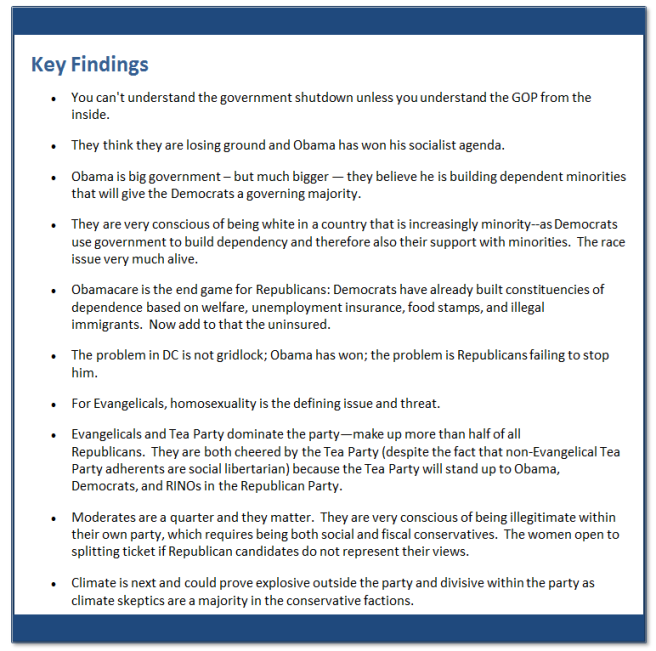On Civility

White House Press Secretary Sarah Sanders went to have dinner at a local restaurant the other day. The owner, who is adamantly opposed to the policies of the Trump administration, politely asked her to leave, and she did. Now (who says human behavior is hard to predict?) an intense discussion has broken out concerning the role of civility in public discourse and our daily life. The Washington Post editorial board, in particular, called for public officials to be allowed to eat in peace, and people have responded in volume.
I don’t have a tweet-length response to this, as I think the issue is more complex than people want to make it out to be. I am pretty far out to one extreme when it comes to the importance of engaging constructively with people with whom we disagree. We live in a liberal democracy, and we should value the importance of getting along even in the face of fundamentally different values, much less specific political stances. Not everyone is worth talking to, but I prefer to err on the side of trying to listen to and speak with as wide a spectrum of people as I can. Hell, maybe I am even wrong and could learn something.
On the other hand, there is a limit. At some point, people become so odious and morally reprehensible that they are just monsters, not respected opponents. It’s important to keep in our list of available actions the ability to simply oppose those who are irredeemably dangerous/evil/wrong. You don’t have to let Hitler eat in your restaurant.
This raises two issues that are not so easy to adjudicate. First, where do we draw the line? What are the criteria by which we can judge someone to have crossed over from “disagreed with” to “shunned”? I honestly don’t know. I tend to err on the side of not shunning people (in public spaces) until it becomes absolutely necessary, but I’m willing to have my mind changed about this. I also think the worry that this particular administration exhibits authoritarian tendencies that could lead to a catastrophe is not a completely silly one, and is at least worth considering seriously.
More importantly, if the argument is “moral monsters should just be shunned, not reasoned with or dealt with constructively,” we have to be prepared to be shunned ourselves by those who think that we’re moral monsters (and those people are out there). There are those who think, for what they take to be good moral reasons, that abortion and homosexuality are unforgivable sins. If we think it’s okay for restaurant owners who oppose Trump to refuse service to members of his administration, we have to allow staunch opponents of e.g. abortion rights to refuse service to politicians or judges who protect those rights.
The issue becomes especially tricky when the category of “people who are considered to be morally reprehensible” coincides with an entire class of humans who have long been discriminated against, e.g. gays or transgender people. In my view it is bigoted and wrong to discriminate against those groups, but there exist people who find it a moral imperative to do so. A sensible distinction can probably be made between groups that we as a society have decided are worthy of protection and equal treatment regardless of an individual’s moral code, so it’s at least consistent to allow restaurant owners to refuse to serve specific people they think are moral monsters because of some policy they advocate, while still requiring that they serve members of groups whose behaviors they find objectionable.
The only alternative, as I see it, is to give up on the values of liberal toleration, and to simply declare that our personal moral views are unquestionably the right ones, and everyone should be judged by them. That sounds wrong, although we do in fact enshrine certain moral judgments in our legal codes (murder is bad) while leaving others up to individual conscience (whether you want to eat meat is up to you). But it’s probably best to keep that moral core that we codify into law as minimal and widely-agreed-upon as possible, if we want to live in a diverse society.
This would all be simpler if we didn’t have an administration in power that actively works to demonize immigrants and non-straight-white-Americans more generally. Tolerating the intolerant is one of the hardest tasks in a democracy.




